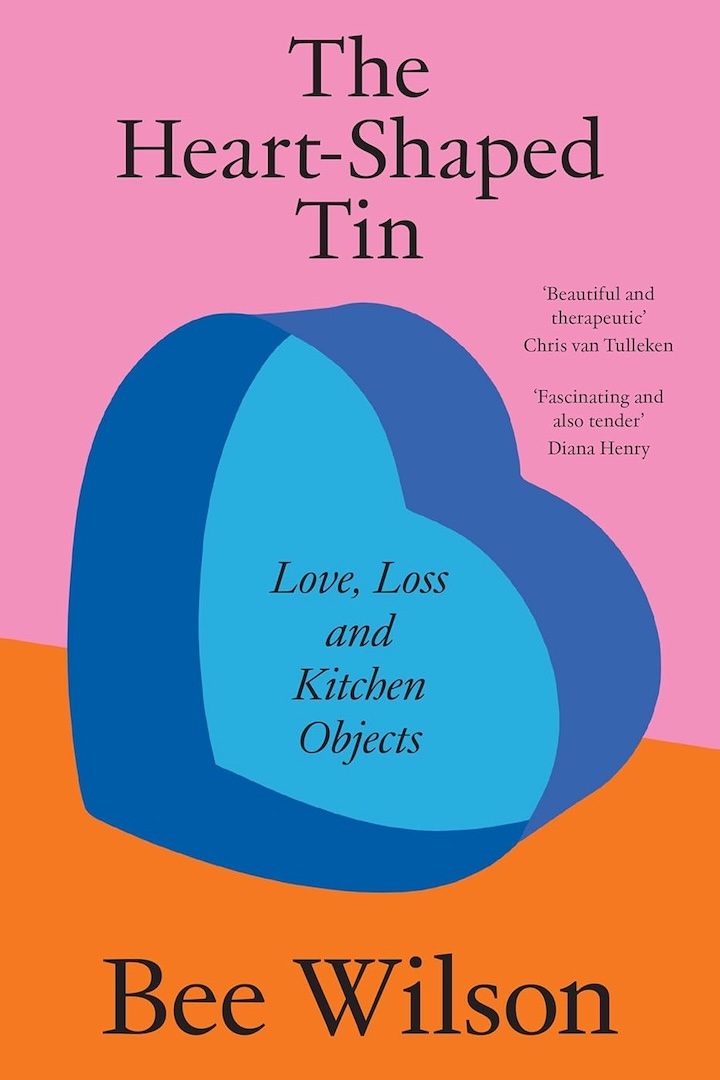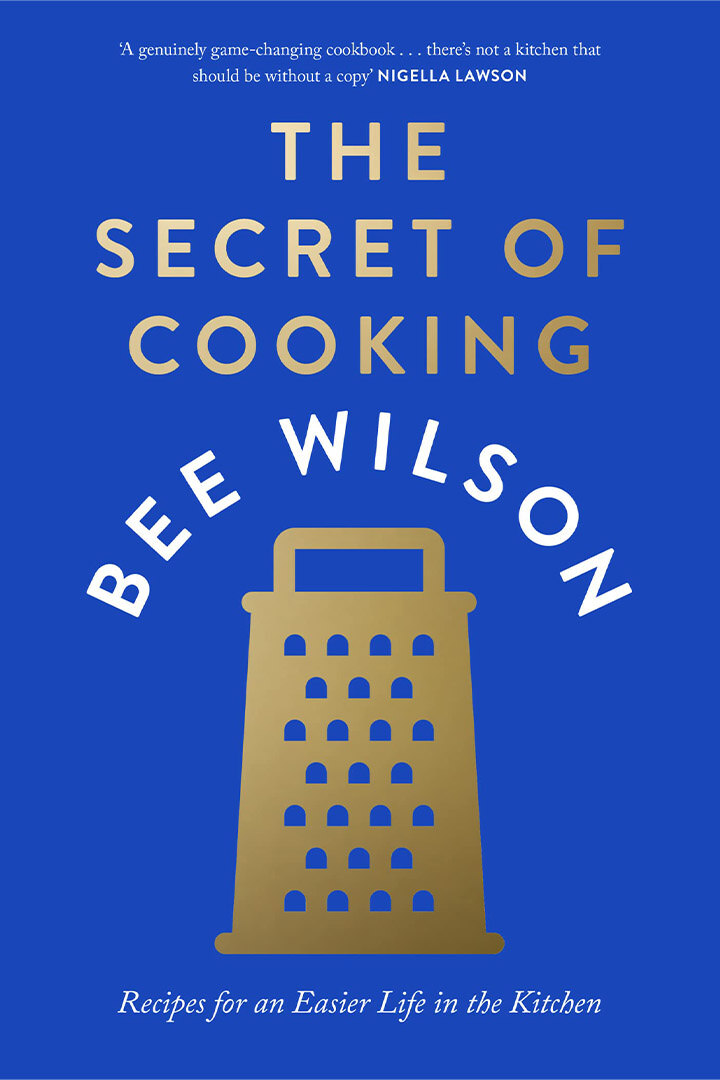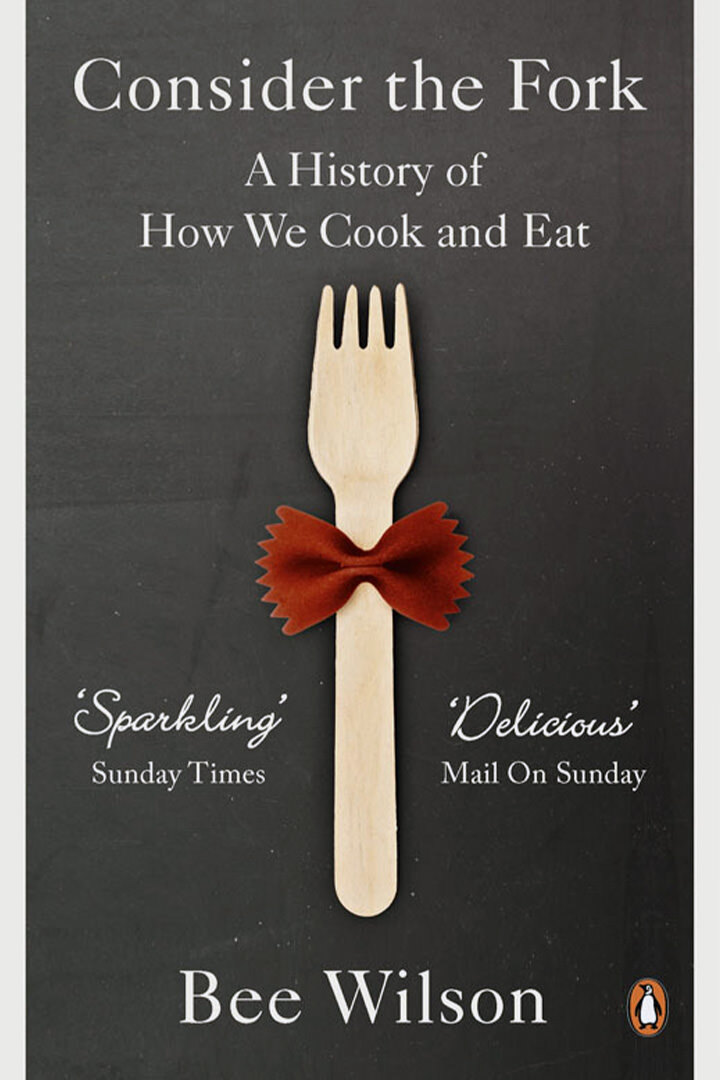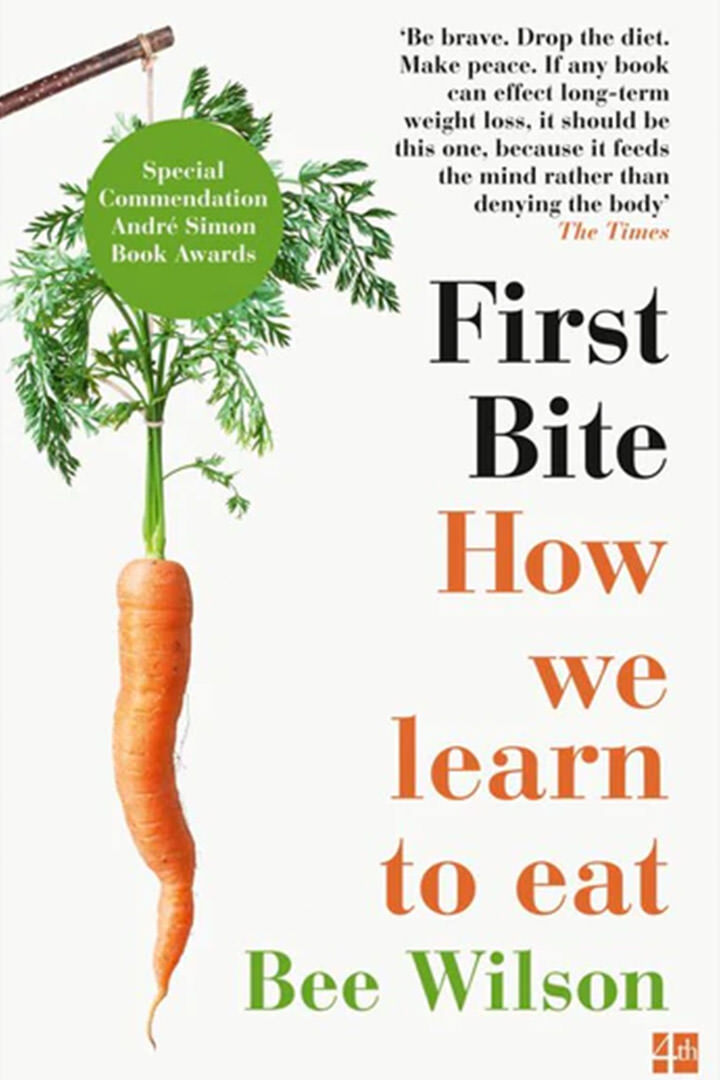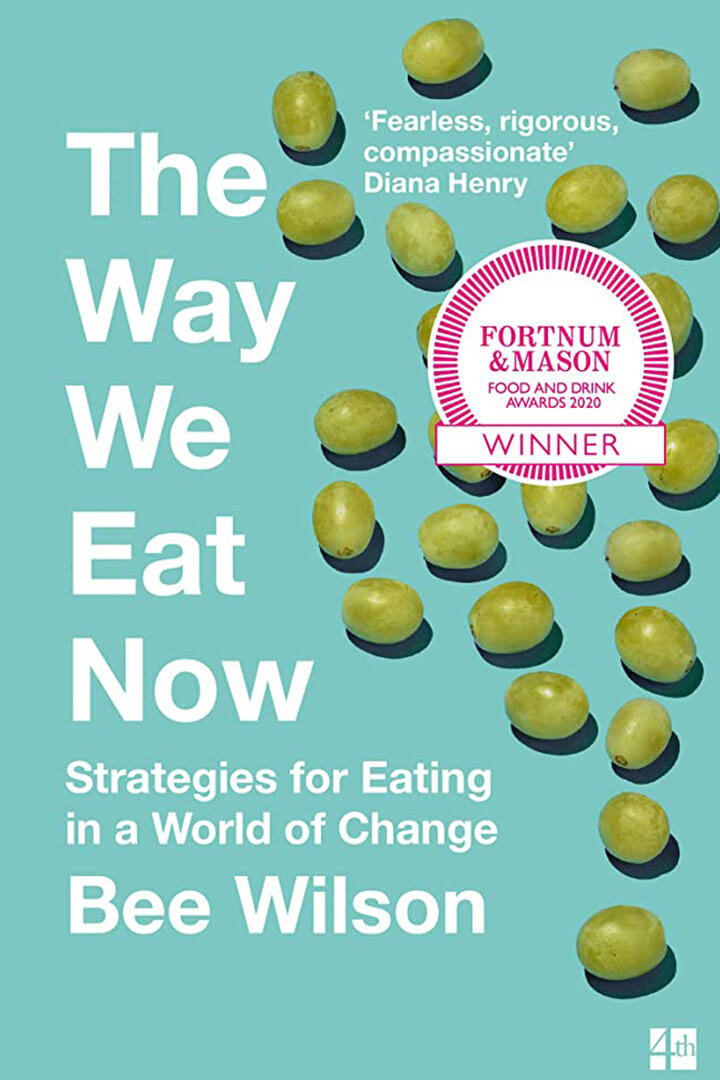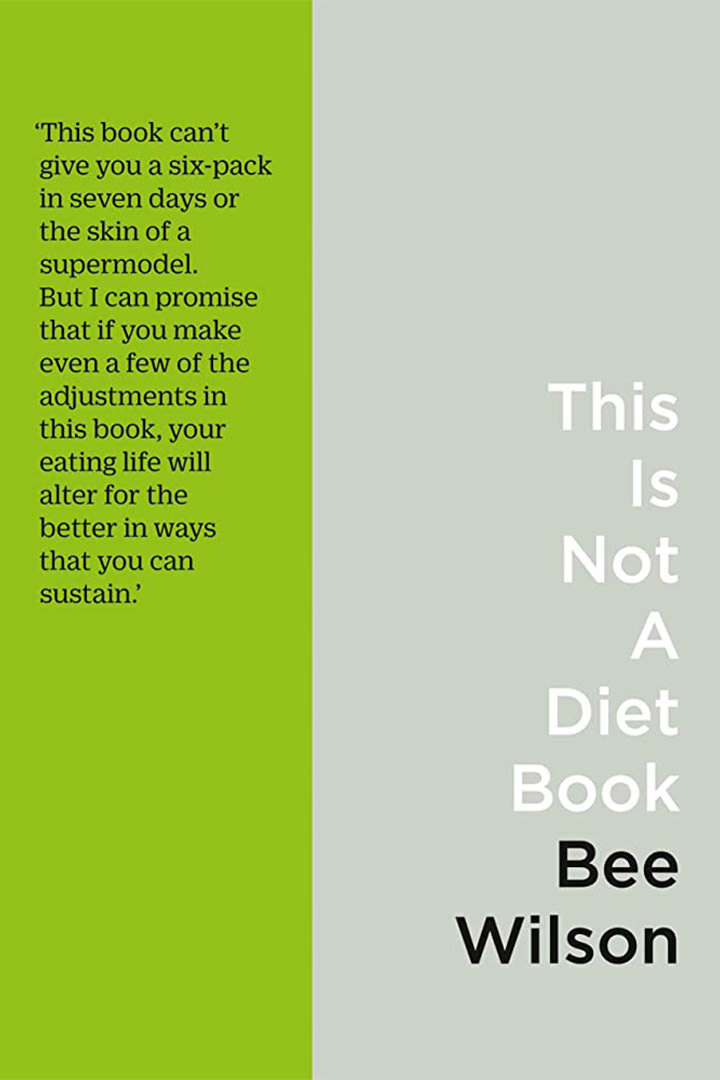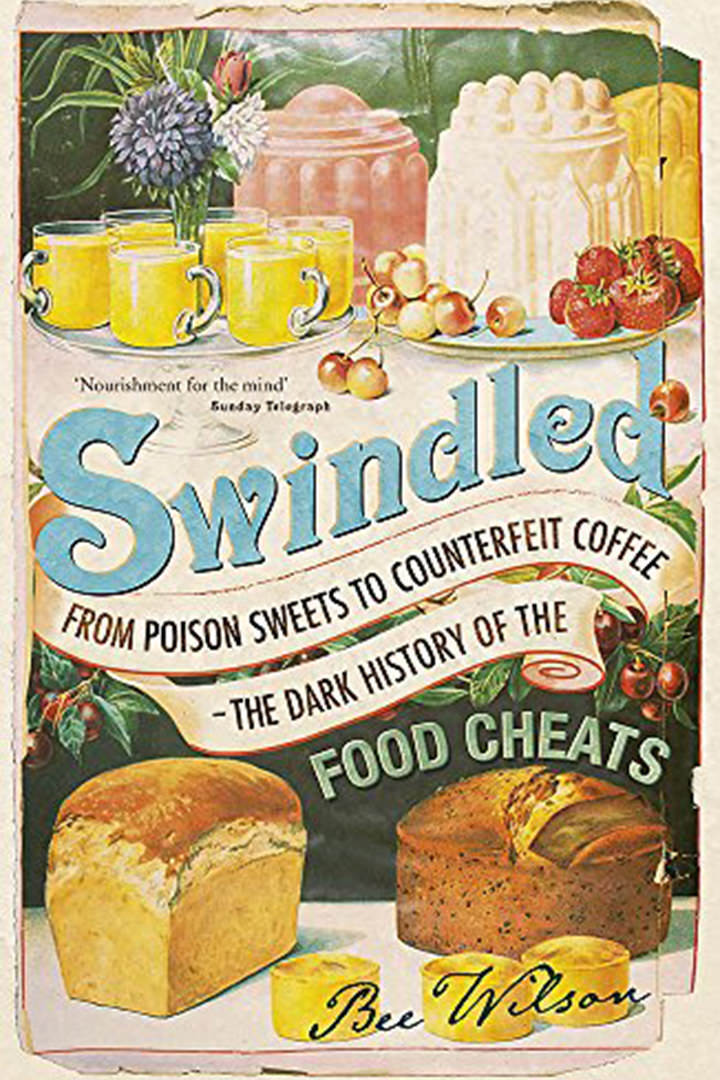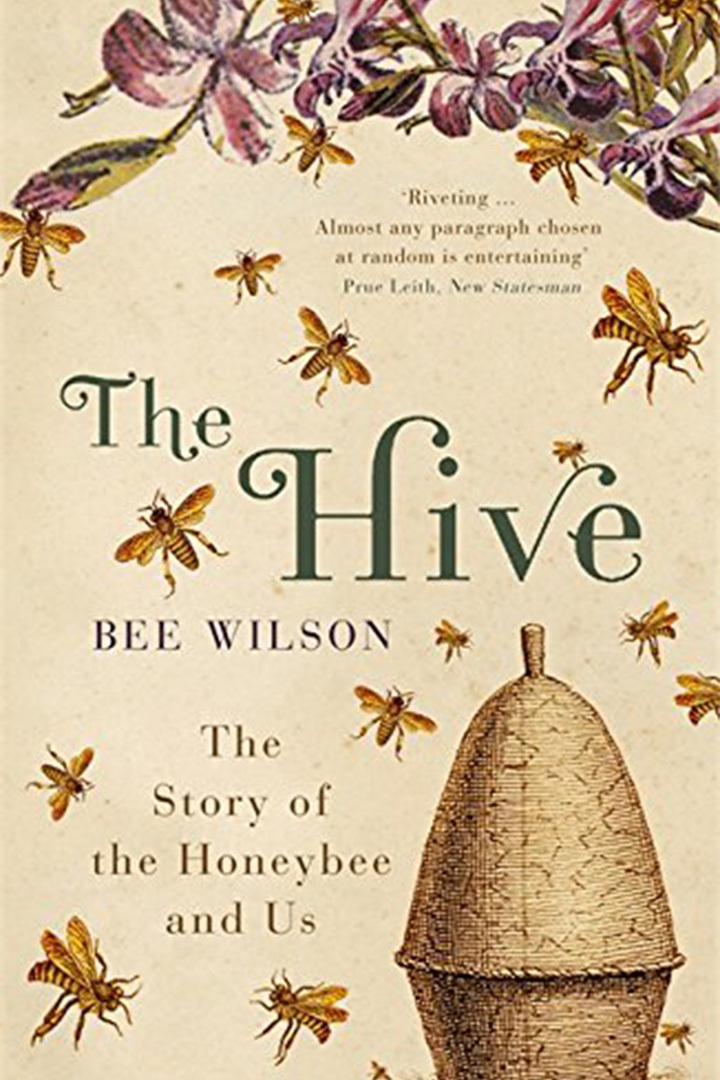Why recipes talk in code
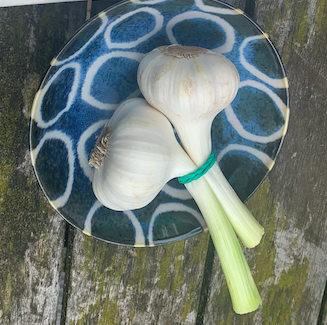
A friend recently told me that he knew someone who will immediately slam shut any cookbook that asks him to sauté anything! When he sees the word sauté, he feels that the recipe writer is talking in an annoying code that is designed to confuse him. I have another friend who feels the same about the word 'reduce' in recipes. 'Reduce' is a deal breaker for her, even though I've actually seen her doing a fine job of reducing sauces in her kitchen. But she just doesn't call it that.
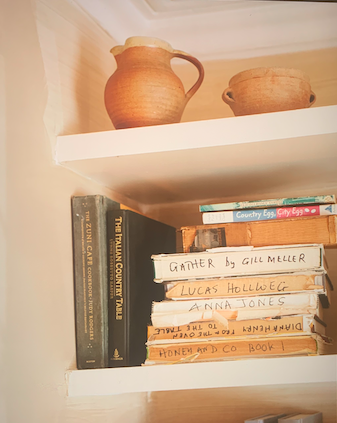
I suspect that anyone learning to cook has a few moments when it feels as if cookbooks are talking in some kind of weird and uncrackable code. I was listening to an old episode of the How To! podcast by Slate this week while I was walking my dog. The episode was trying to help a 26 year-old man feel more confident in his cooking and learn to cook 'One Perfect Meal' with the help of New York Times writer Sam Sifton. The 26 year-old man felt that his poor cooking skills had contributed to the break-up of his last relationship. Sifton tried to give him reassurance that with a few simple recipes, he could easily build up his own confidence in the kitchen.
The part that stopped me in my tracks was when the 26 year-old man described his struggles to understand the 'code' in which recipe writers spoke. He expressed bafflement at vague terms such as 'medium-high heat'. And he said he couldn't understand 'kitchen slang' such as 'what a clove of garlic is'.
I can't actually remember a time in my life when I didn't know what 'a clove' of garlic was. And herein lies the problem. When writing recipes, food writers have no idea what the reader knows and doesn't know. This is one reason, though not the only one why there is no such thing as a perfect recipe.
When my youngest son was little, we tried to cook a cake together and threw the eggs in, shell and all (because the recipe simply said 'add the eggs' without mentioning the part about breaking them and moving the shell).
In The Secret of Cooking, I write about the assumptions that recipes make and how baffling they can be when you are new to cooking (or even when you are not).
The problem with recipes is that nothing about cooking is obvious until you have done it at least once. The writer John Lanchester (who as well as being a novelist was for a time the restaurant reviewer for the Observer) told me that he realised some time ago that ‘recipes all have this point where they break down’. It is Lanchester’s theory that all recipes contain at least one ‘aporia’, meaning a logical impasse (the word aporia comes from the Greek for difficulty and perplexity). Lanchester made this realisation the first time he came across the word ‘fold’ in a recipe. ‘I just very straightforwardly didn’t know what it meant,’he told me.To fold–as he subsequently learned–means to stir something by cutting down vertically into it with a large metal spoon or spatula. The motion has been described as ‘down-across-up-and-over’, which is easier to do than it is to say. Folding is quite different from the usual circular agitating motion that most of us do with wooden spoons in a pan. Its purpose is to combine an airy mixture such as a soufflé without losing too much of the air. Lanchester knows all this now and therefore the word ‘fold’ holds no fear. But when he first saw the word, it made him freeze and he realised that all recipes have moments a bit like that because the writer ‘can’t know what you know and what you don’t know’.
‘Fold’ is far from the only bewildering word in recipes. Depending on your point of view, other problem words include ‘blanch’, ‘baste’, ‘brown’, ‘simmer’, ‘whizz’, ‘deglaze’, ‘refresh’, ‘scald’, ‘julienne’, ‘truss’ and ‘parboil’.
Do you have words that make you panic when you read them in a recipe? And if so, what are they
